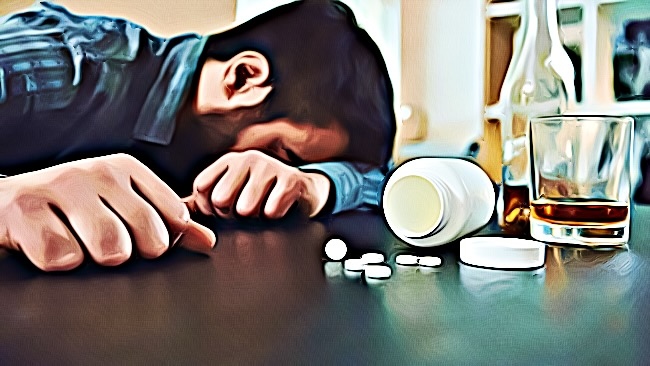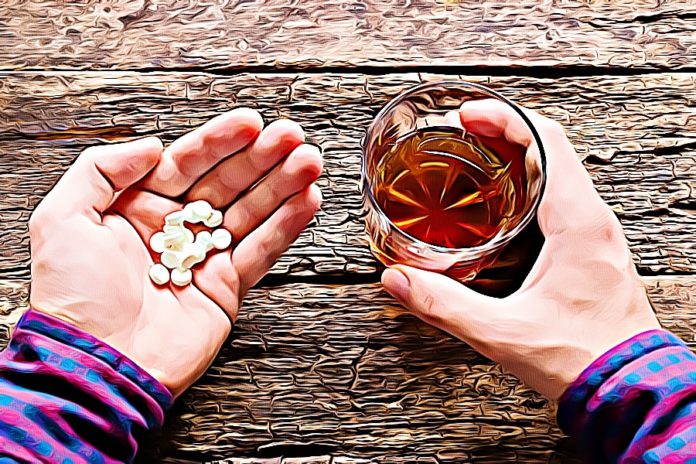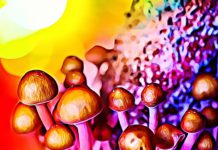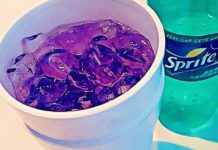Many people have insomnia and other related conditions that hinder getting quality sleep. For this reason, many people rely on sleeping pills to help them. However, this can be a problem because of possible side effects. Because of this, many people rely on alternative sleep treatments, such as drinking alcohol or taking melatonin.
Drinking alcohol is a common practice, though many people are not aware of the effects that it can have on their sleep. The same goes for melatonin, one of the most popular treatments for sleep disorders. Because of their effectiveness, many people often think of combining them. While it’s not precisely something frowned upon, one must be aware of the possible side effects that they can cause.
To help you understand better, we’ll discuss how alcohol and melatonin can impact your sleep. Read on below to get started.
Combining Alcohol and Melatonin
Since alcohol and melatonin cause a person to feel sleepier, combining them will have stronger effects. This is why many people turn to alcohol after taking melatonin because it will cause them to feel even more relaxed.
However, this is where the problem lies. Although alcohol will help you sleep, it may not provide the same quality of sleep that you want. This is because alcohol induces a deeper sleep, which causes you not to wake up as intended. Since you didn’t get enough sleep, you’ll feel groggy the next day, which can be problematic if you have things to do.
Additionally, alcohol combined with melatonin may have an additive effect. This means that it can have more potent sedative effects, which can cause one to wake up less. Because of this, you may wake up even less than you did before you started taking melatonin. As a result, you won’t get enough sleep, making you feel even more tired.
How Drinking Alcohol Affects Insomnia
Alcohol is known to be a sedative, so many people rely on it to help them sleep. However, it doesn’t provide the same quality of sleep as other sedative medicines. Instead, it causes one to sleep deeper.
Since alcohol has a sedative effect on the body, this causes the alcohol to disrupt the inhibitory neurotransmitter GABA, responsible for relaxation. As a result, the body cannot relax completely, making it difficult to sleep.
Additionally, alcohol can affect the REM sleep phase, making it difficult to achieve deep sleep. Because of this, you wake up more often, making it difficult to go back to sleep.
More about Melatonin
Melatonin is a natural hormone that is produced in your body. It is responsible for regulating your sleep cycle, not only in terms of the quality of your sleep but also the duration. When you have little to no melatonin, it’s difficult to fall asleep, so many people with sleep disorders use melatonin to help them.
Melatonin is also critical in helping you sleep, as it induces relaxation. This is because it counteracts the effects of cortisol, which is the hormone that helps you wake up each morning. When cortisol is high, melatonin production is suppressed, making it challenging to rest.
One of the reasons why melatonin is a popular aid for sleeping disorders is because of the side effects that it has. Unlike most sleeping pills, melatonin does not cause drowsiness the next day, so you won’t feel like having a hangover.

Is It Dangerous?
Consuming too much alcohol can lead to alcohol poisoning. On the other hand, melatonin doesn’t contain any harmful side effects. However, there are some reports that melatonin raises the risk for seizures. Therefore, it’s recommended that you take melatonin in low doses.
Combining alcohol and melatonin in large quantities can cause dizziness, nausea, and vomiting. While these side effects won’t last forever, your sleep cycle will be disrupted.
When Should Alcohol or Melatonin Be Avoided?
Although both alcohol and melatonin are effective treatments for insomnia, they are not recommended for children or pregnant women. You should speak with your doctor first before you decide to drink alcohol or take melatonin because they may not suit you.
Additionally, if you are taking other medications, they may react negatively to alcohol and melatonin. Because of this, it’s essential to consult with your doctor before you decide to drink alcohol and take melatonin, as it can have harmful effects.
Conclusion
Since both alcohol and melatonin are effective treatments for insomnia, it’s understandable why people would want to combine them. However, one must be aware of the possible side effects they can cause. While it’s not generally dangerous to combine the two, it’s best to consult a doctor first.
















